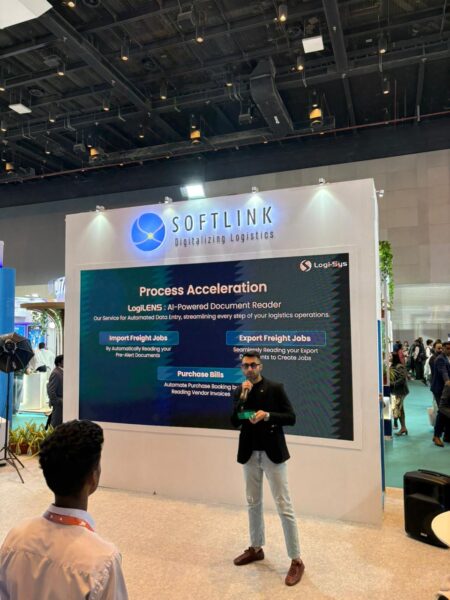Some businesses claim that investing in automation is helping them attract a new generation of tech-savvy workers interested in working on the latest developments in artificial intelligence, robotics, and other technologies aimed at increasing supply chain efficiency. The advancement of robots that can lift, move, and pack an increasing variety of products is changing the nature of blue-collar jobs in warehouses, expanding the pool of potential recruits in a tight labour market.
The changes occur at a time when many businesses are considering automation to reduce the number of employees in their logistics operations, both to save money and to make the flow of goods through distribution networks more efficient and predictable.
Manufacturers and retailers such as Mondelez International Inc., a snack-food giant, and Nordstrom Inc., a department store chain, say the investments are also changing their supply-chain workforces.
“A new generation is emerging.” “They’re looking for, ‘What’s exciting and new about this that I can add value to?'” said Sandra MacQuillan, Mondelez’s executive vice president and chief supply-chain officer.
She said the Chicago-based distributor of Oreo cookies, Toblerone chocolates, and BelVita biscuits is seeing an increase in the number of logistics professionals interested in working on the company’s investments in no-touch distribution centres and factories, as well as online monitoring systems that eliminate the need for workers to adjust things throughout production.
Some warehouse-floor jobs will be eliminated as Mondelez modernises its operations, according to MacQuillan, while other roles will shift from physically demanding work moving goods through distribution centres to positions managing technology.
People “hear, ‘No touch, does that mean I don’t have a job?'” she explained. “It doesn’t necessarily imply that. It could mean that we’re asking you to do something completely different. However, because we’re using your brain rather than asking you to do manual labour all the time, it should be more rewarding. “
Dave Clark, the former head of Amazon.com Inc.’s consumer business and the CEO of digital-focused freight forwarder Flexport Inc., was at Amazon when the e-commerce giant acquired robotics company Kiva Systems Inc. in 2012. The acquisition accelerated the company’s rollout of greater automation in its expanding logistics network and expanded the company’s pipeline of engineers and other technology workers.
“When there is a very visible investment in robotics or automation or a big fundamental shift in technology, people see it as a commitment,” Mr. Clark explained. “They see it as a commitment to excellence, to next-generation thinking… It attracts a diverse range of talent, both technically and at all levels of leadership.”
According to logistics operators and educators, the technology investments are also appealing to recent supply-chain program graduates.
Job-seeking students “care a lot about how ‘forward-thinking’ a firm is before they go to work there,” according to Dale Rogers, a supply-chain management professor at Arizona State University’s W.P. Carey School of Business.
Nordstrom’s senior vice president of transportation, Lee Beard, said the retailer has been emphasising its technological investments to job candidates.
People “want to work on really compelling things where they see the business impact and also feel like, hey, that company or that industry sees supply chain as a competitive differentiator,” according to Beard. “The investments we’re making in the supply chain, in technology, and so on provide us with evidence when we’re having those types of conversations with candidates.”











